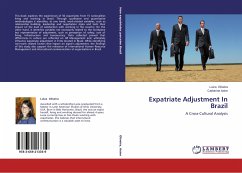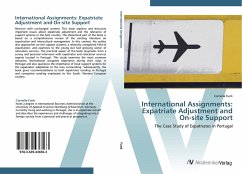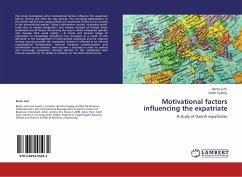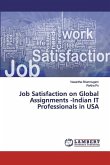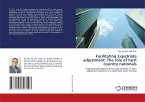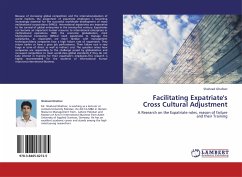This book explores the experiences of 50 expatriates from 15 nationalities living and working in Brazil. Through qualitative and quantitative methodologies it identifies, at one hand, work-related variables, such as relationship building, leadership and negotiation styles and tests their impact on the level of satisfaction with working in the country. On the other hand, it identifies variables not necessarily related to the workplace but representative of adjustment, such as perception of safety, cost of living, infrastructure and bureaucracy. Data collected proved that differences in culture are reflected on HR Management and, ultimately influence expatriate adjustment in firms located in Brazil. While identifying non-work related factors that impact on expat s adjustment, the findings of this study also support the relevance of International Human Resource Management and intercultural communication at organizations in Brazil.
Bitte wählen Sie Ihr Anliegen aus.
Rechnungen
Retourenschein anfordern
Bestellstatus
Storno

